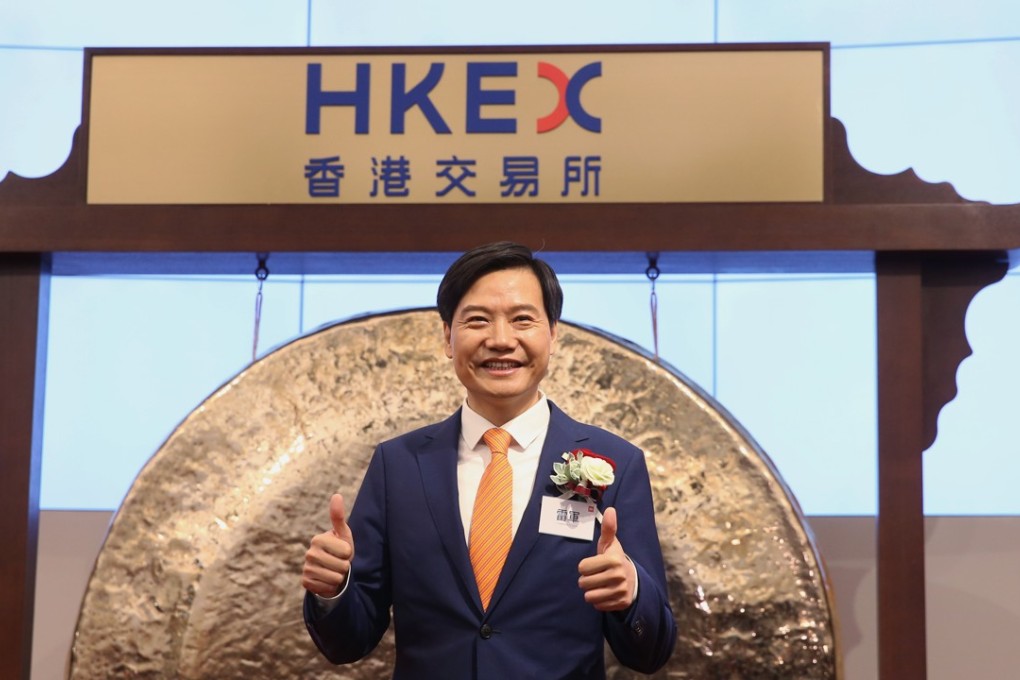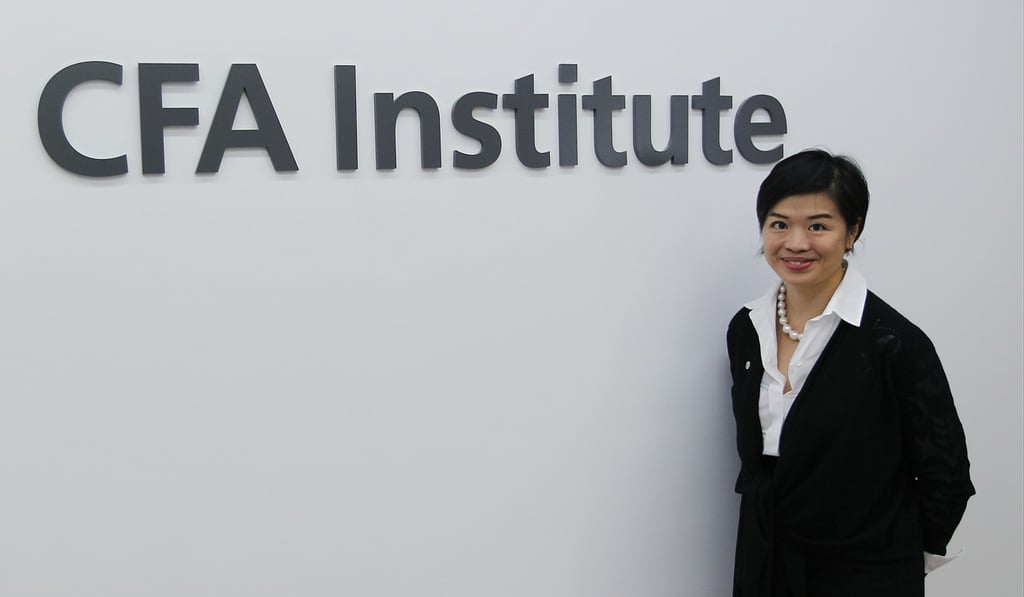CFA Institute urges safeguards for ordinary investors in Hong Kong companies with dual-class share structure
CFA Institute recommends a mandatory “time-based sunset” where super voting rights collapse to regular shareholder voting rights five years after an IPO, to protect investors from a lack of control in their shares

Hong Kong’s dual-class shares listing rules must reform to protect investors and prevent an erosion of corporate governance, the CFA Institute said on Tuesday.
“A lot of people think that because dual-class shares structures work in other jurisdictions it will immediately, effortlessly translate into an APAC context,” said Mary Leung Ka-yan, head of advocacy for Asia-Pacific at CFA Institute. “We are trying to challenge some of those preconceptions.”

The city’s listing rules changed in April to allow companies with dual-class shares to float on the bourse, giving founders and key management stronger voting rights than other shareholders.
Many Western countries, including the US, have had such rules in place for years.
In Asia, Tokyo implemented the change in 2015 and Singapore in June, but no companies have listed so far in the city.